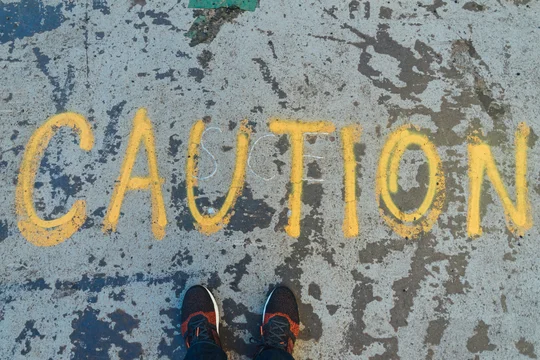
It's easy, especially at trial or in the lead-up to trial, to feel like you need to bring every dispute to the Court. The stakes in patent cases tend to be high, clients want to see progress, and sometimes every little dispute ends up feeling critical (particularly if the outcome impacts your trial plans).
Beyond that, sometimes more junior associates are tasked with handling disputes as trial approaches—and may be given the implicit authority to raise disputes, but not to resolve them. Shockingly, disputes can then multiply pretty quickly.
What happens when you start bringing all of these disputes to the Court? If you push it too far, you get an order like this one, which the Court issued yesterday in Cirba, Inc. d/b/a Densify et al v. VMware, Inc., C.A. No. 19-742 (D. Del. Apr. 20, 2023):
ORAL ORDER: On the eve of trial, this Court is once again inundated with another request of the parties. This time, Defendant requests the Court to compel "Cirba's compliance with its order excluding inflammatory Pre-Inc. evidence." . . . Packaging this request as "urgent," Defendant also seeks expedited briefing. . . . Having reviewed the relevant briefing, IT IS HEREBY ORDERED that Defendant's Emergency Motion to Compel Compliance with the Court's Order and For Expedited Briefing is DENIED without prejudice as both premature and speculative. It is evident from the nature and number of letters and motions the parties have brought before this Court and "the overreaching of both sides in the motions and briefs they have filed with the Court to date that counsel treat this case as if it were the only case pending before the Court." . . . The Court expects compliance with its Orders.
The Court took additional action to prevent additional disputes:
IT IS FURTHER ORDERED that, prior to seeking any additional relief from the Court, Delaware counsel and lead trial counsel for each party shall meet and confer in person and make a good faith effort to resolve the issues in dispute. Any further relief sought by either party shall be made via a joint letter to the Court. The parties shall append to any such joint letter a certification that Delaware and lead trial counsel made reasonable efforts to reach agreement. The certification shall identify by name each individual who participated in the meet and confer, when and where that meet and confer occurred and how long it lasted, and identify which issues were agreed upon and which, if any, remain outstanding.
Luckily for the attorneys involved, this order doesn't explicitly penalize either party. But it's likely that the Court has some idea of which party is more responsible for driving these disputes and—obviously—I wouldn't want to be in the Court's crosshairs.
If you enjoyed this post, consider subscribing to receive free e-mail updates about new posts.






